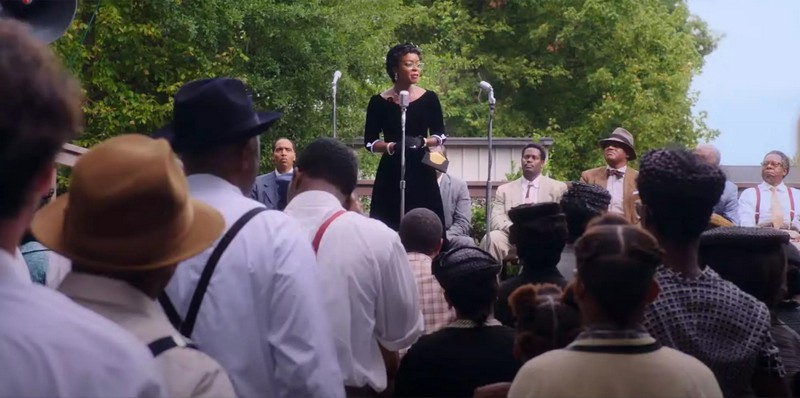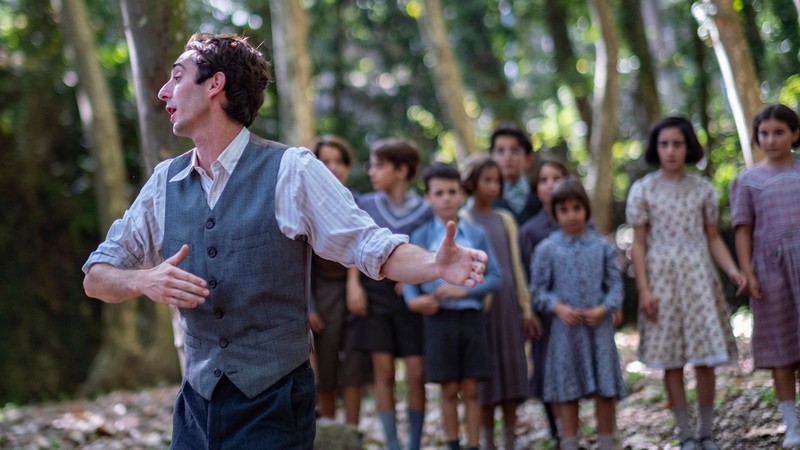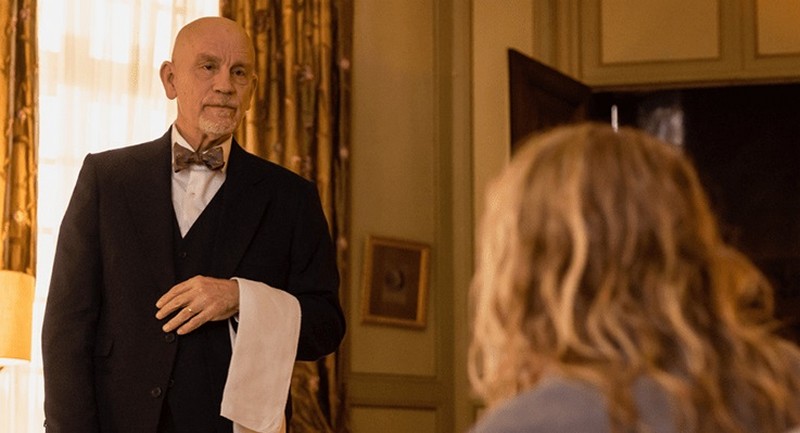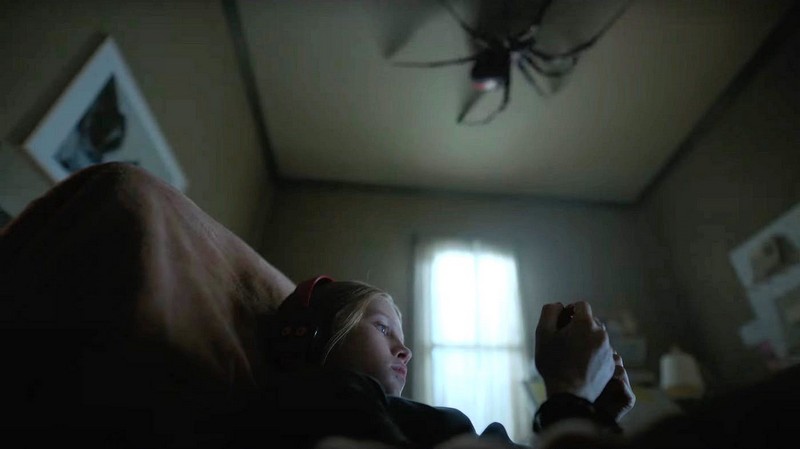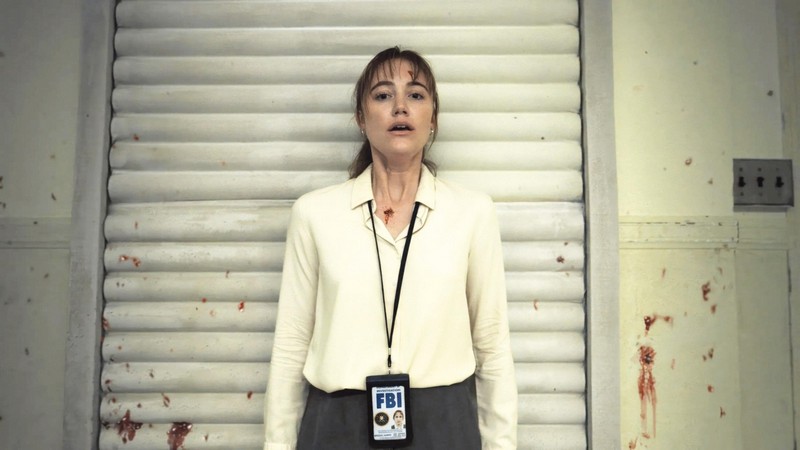Based on a true story, Till is a film full of pain, grief, anger. It’s a powerful howl of outrage against a blatant miscarriage of justice that has never been rectified.
In 1955, 14-year-old Emmett Till (Jalyn Hall) was holidaying with his cousins in Mississippi. A native of Chicago, Emmett was an outgoing, high spirited, confident and irrepressibly cheeky youngster who was unaware of the way in which whites treated African-Americans in America’s deep south, despite the warnings of his overprotective and worried mother Mamie (Danielle Deadwyler). After an innocent interaction with shopkeeper Mrs Bryant (Haley Bennett), Emmett was dragged from his uncle’s house at gunpoint in the middle of the night, beaten and brutally murdered. His body was eventually found in the Tallahatchie River, bloated and disfigured. Mamie insisted on his corpse being displayed in an open coffin to highlight the brutality of what had happened to Emmett. The media coverage of his funeral ensured that the two men responsible for the crime were arrested and put on trial.

But in Mississippi it would be almost impossible for a Black woman to find justice from a legal system permeated by segregation and systemic racism. The local sheriff branded the media coverage as a conspiracy by the NAACP to garner unjustified sympathy for Mamie and her family; while the prosecution tried to attack her character. On the witness stand, Mrs Bryant blatantly lied about what happened in her store during the brief encounter with Emmett, and the all-white all-male jury failed to convict the two accused killers.
Before the end credits play,t a brief statement details the consequences and the fallout from the trial. It points out the lack of punishment and accountability for the men – who eventually confessed their guilt to Look Magazine for a considerable payout. And it was not until nearly sixty years later that the Emmett Till anti-lynching law was passed by the US Congress. Following the outcome of the trial Mamie became an outspoken advocate for justice. This was the start of the Civil Rights movement in America.
This powerful film comes from Nigerian filmmaker Chinonye Chukwu (the 2018 short film A Long Walk) and it is designed to evoke a strong reaction from audiences. The script from Chukwu and her co-writers Michael Reilly (his first feature script) and Keith Beauchamp sticks fairly closely to the known facts of the story. Beauchamp produced the 2005 documentary The Untold Story of Emmett Louis Till, and spent the better part of a couple of decades researching the story. The dramatic courtroom sequences are redolent with the racism and hostility of America’s deep south. The film shows that in the decades since the events depicted here, little seems to have changed.
The film’s focus is the powerful, emotionally resonant performance of Deadwyler (The Harder They Fall). Full of pain and restrained anger, she totally inhabits the character and captures both her grief and strength of purpose. It’s surprising that she was not nominated for an Oscar for her superb work here. Hall (the TV series All American) is good and brings a youthful energy to his role as Emmett. Frankie Faison and Whoopi Goldberg offer solid support as Mamie’s parents, and Sean Patrick Thomas is sympathetic as Mamie’s supportive partner Gene Mobley.
The period detail from Curt Beech reeks of authenticity and cinematographer Bobby Bukowski (Land) captures some stunning imagery of the setting, contrasting the natural beauty of the area with the palpable undercurrents of ugly racial hatred and violence. Bukowski also focuses on Deadwyler’s face in close-up shots that allow us to experience her range of emotions. However, the overly melodramatic score from Abel Korzenioski is a little too manipulative.
Till is powerful stuff but, at times, it’s not an easy film to watch.
Greg King
Other reviews you might enjoy:

Greg King has had a life long love of films. He has been reviewing popular films for over 15 years. Since 1994, he has been the film reviewer for BEAT magazine. His reviews have also appeared in the Herald Sun newspaper, S-Press, Stage Whispers, and a number of other magazines, newspapers and web sites. Greg contributes to The Blurb on film

